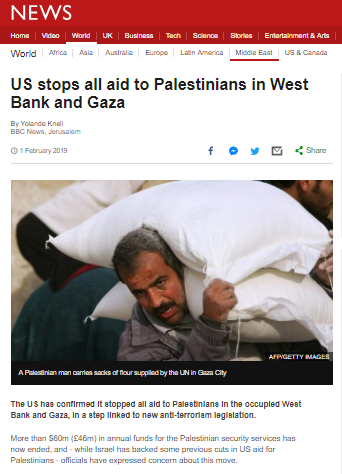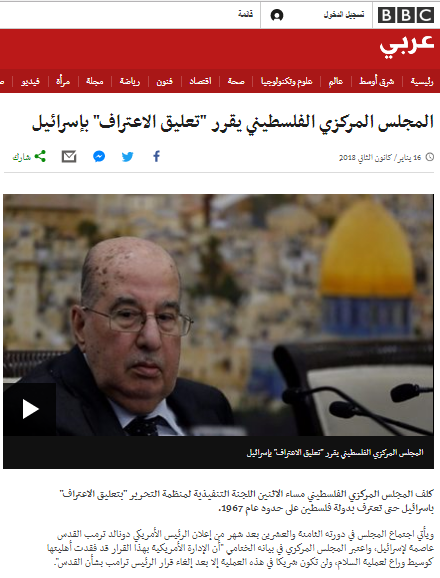On September 8th BBC Radio 4 broadcast an episode of ‘Beyond Belief’ titled “Religious History of Iraq“. Here is the programme’s synopsis:
“Today life for religious minorities in Northern Iraq is perilous as the militant Islamist group, Islamic State, continues to attack a range of diverse groups across the country in its pursuit of establishing a new Caliphate. But in this programme Ernie Rea and guests explore how up until the 20th century Iraq was known as a harmonious melting pot of religious and ethnic diversity. How true is that assessment? What has happened to change that? Is there any way for Iraq to step back from the brink? And could a Caliphate ever be part of the solution?
Joining Ernie Rea to discuss the current situation in Iraq from a religious perspective are Gerard Russell, former British and United Nations diplomat and author of “Heirs to Forgotten Kingdoms: Journeys into the Disappearing Religions of the Middle East”; Dr Erica Hunter, Senior Lecturer in Eastern Christianity in the Department of Religions at the School of Oriental and African Studies in London: and Dr Reza Pankhurst author of The Inevitable Caliphate.”
Part of the programme relates to the topic of the former Iraqi Jewish community and there are few better qualified to assess the BBC’s treatment of that topic than Bataween at the excellent ‘Point of No Return‘ blog.
“You can hear Edwin Shuker (at 10 minutes into the programme) give an eloquent potted history of his life in Iraq, how the ancient Jewish community was persecuted again after the murder of King Faisal ll in 1958 and most of its remaining members fled to freedom over the mountains of Kurdistan in the 1970s.
Shuker was introduced by presenter Ernie Rea as an ‘Arab’ Jew, approved BBC-speak. Shuker told Point of No Return that he has never used this expression in his life to describe either Jews or Christians.” […]
“Ernie Rea and his guests projected the BBC party line that until the 20th century Iraq was known as a ‘harmonious melting pot of religious and ethnic diversity’. No mention of the 1941 Farhud.
All agreed that the persecution of the Jews (attributed solely to the Ba’ath party) was ‘political’ rather than religious.”
Zooming out a little though, this programme raised another issue which is becoming increasingly pertinent as Europe debates its approach to the topic of the thousands of young Muslims born and raised in Europe who have gone to fight with Jihadist groups in Syria and Iraq during the past few years – and in some cases, later returned to Europe.
As some observers – at least outside Europe – have noted, the issues of what strain of Islam young Muslims in Europe are being taught in schools and mosques and their exposure to extremist groups is obviously of paramount significance to that debate. The UK is one country in which a less than robust approach to the topic of extremism has often prevailed in recent years, with one manifestation of that being the mainstreaming of extremist opinions by the media – including the BBC – and a prominent example being the frequent appearance of Jihadist recruiter Anjem Choudary on BBC television.
More than twenty-four minutes into this thirty-minute BBC Radio 4 programme, listeners suddenly get a clue to the fact that Dr Reza Pankhurst is in fact not just some tweedy academic – and certainly not an objective commentator – when presenter Ernie Rea says:
“Reza, I’m interested in your response to this particular question about a Caliphate because as I understand it you would support a new Caliphate. You are a member of Hizb ut-Tahrir; the main plank of their platform is really the re-establishment of an Islamic Caliphate, so I wonder how you would think an authentic Caliphate would differ from what IS are proclaiming?”
Beyond that brief “main plank” description, Rea makes no attempt to clarify the ideologies of his guest and the group to which he belongs (an organization about which the UK government has for years said it has “serious concerns”) and listeners are therefore unable to put Pankhurst’s opinions into their appropriate context. Pankhurst’s links to the London-based Hamas support group MEMO and his sharing of platforms with assorted extremists, hate preachers and supporters of terrorism seeking to promote the notion of “the Islamophobic nature of the criminalisation of those who believe in fighting in Syria” are not revealed to listeners.
Moreover, in the last five minutes of the programme when Dr Erica Hunter challenges Reza Pankhurst about the discriminatory nature of marriage laws under a Caliphate, Rea quickly cuts off the conversation.
EH: “But that’s discriminatory because a man can marry a Jewish woman or a Christian woman but not vice-versa. If you’re a Christian man you can’t marry a Muslim.”
RP: “That’s…that’s…that’s fine Erica. There’s reasons for that but the point being is that’s the rules. I mean you won’t find anyone saying otherwise.”
EH: “But that’s discriminatory. That’s discriminatory.”
RP: “I don’t believe it is.”
Ernie Rea: “Well we must bring this programme to an end…”
Had the conversation been permitted to continue, listeners might at least have discovered more about the kind of ideology to which the BBC obviously considers it appropriate to give a platform, including the discrimination against minorities and women and the rejection of secularism, human rights, pluralism and democracy.
One of the public purposes defined in the BBC’s Charter is “sustaining citizenship and civil society”. In the opening paragraphs of the BBC’s Editorial Guidelines on impartiality it is stated:
“Due impartiality is often more than a simple matter of ‘balance’ between opposing viewpoints. Equally, it does not require absolute neutrality on every issue or detachment from fundamental democratic principles.” [emphasis added]
As we have remarked here before:
“Needless to say, it would be perfectly obvious to most licence fee payers that “detachment from fundamental democratic principles” includes the promotion and amplification of the views of people to whom democracy is an anathema to be rejected on the basis of ideology.”
And of course the vast majority of people who fund the BBC – including those who share Reza Pankhurst’s faith – most likely view democratic principles as underpinning the kind of citizenship and civil society they expect their national broadcaster to sustain.
There is obviously a conversation to be had about the BBC’s provision of platforms to the proponents of extremist ideologies and the resulting legitimization and mainstreaming of those views. As time goes by, that conversation becomes increasingly urgent.
Related Articles:
BBC R4 guest promotes Qaradawi as a source of “nuanced understanding”




